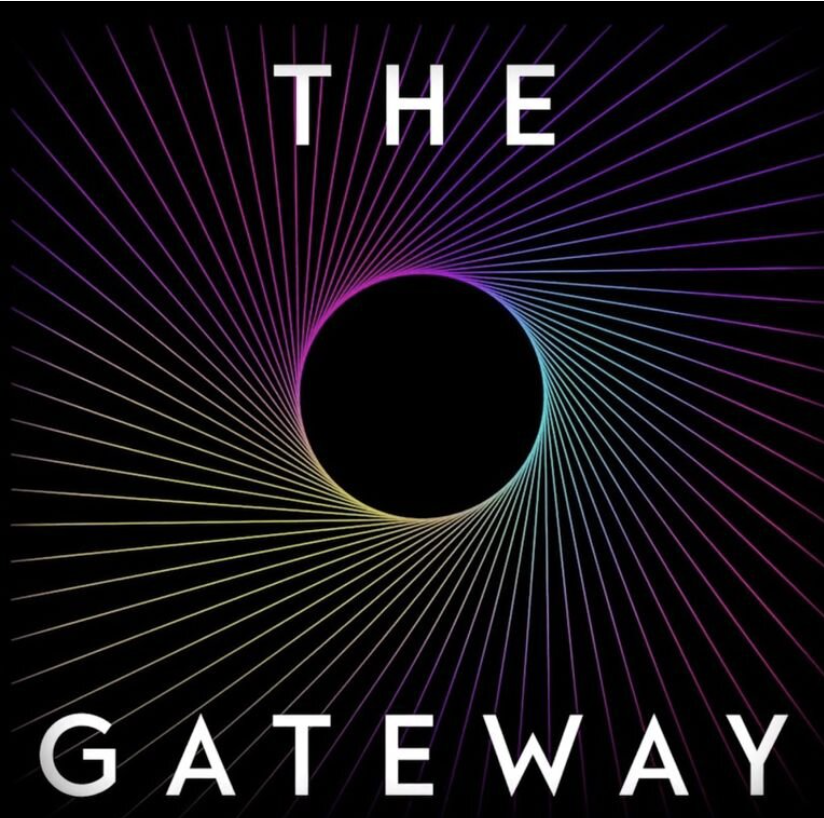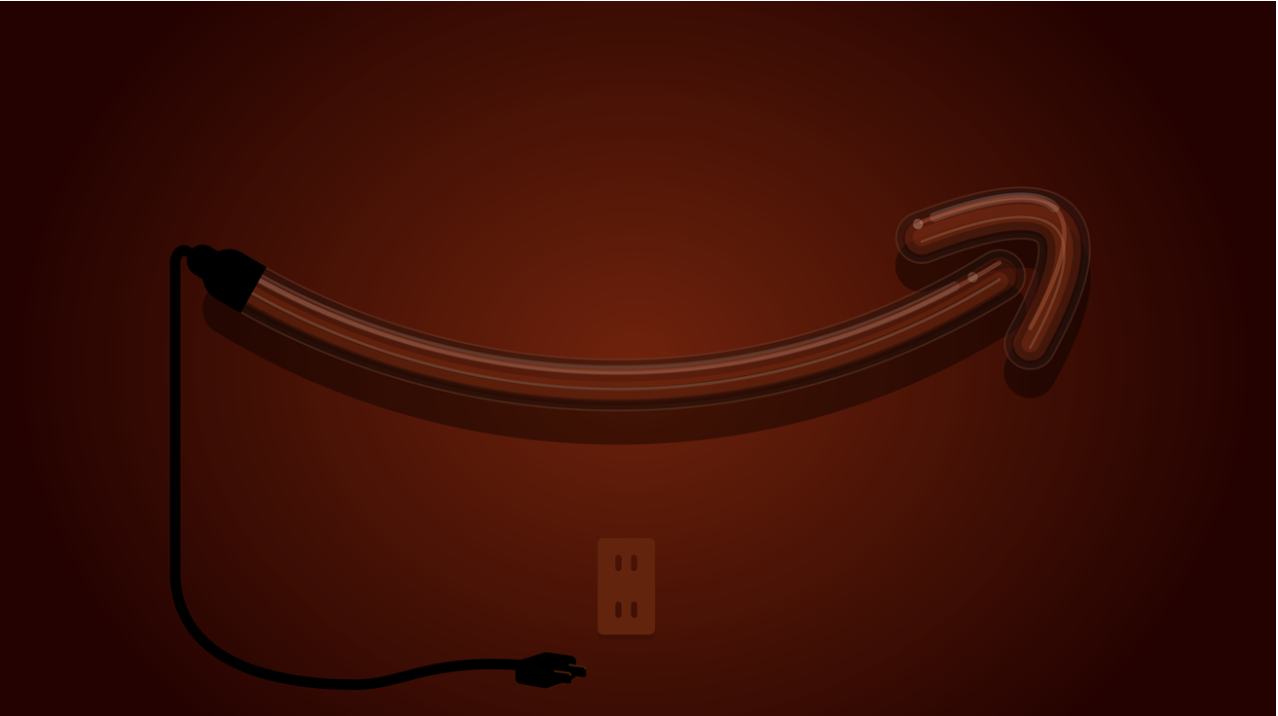Hello,
I'm a seasoned editor, manager, and strategist with over a decade of experience in creative, fast-paced newsrooms.
I have a track record of launching successful new initiatives, producing compelling and award-winning work, and building teams and brands from scratch.
I hate being bored.
What I’ve been up to
the tldr;
I am an editorial consultant and content strategist
I founded Apparata Media, an editorial studio that specializes in creating and curating narratives at the intersection of health and technology.
We help build brands and media companies, develop positioning and purpose, and bridge the gap between intention and production. If you want to build something together, get in touch.
I was a managing editor at CNN Business
2020 - 2023
I ran the technology and transportation digital teams at CNN Business. Throughout my time at CNN, I also worked with the media and consumer & retail teams.
I launched Misinformation Watch, a company-wide initiative to track reporting and news on misinformation, and, in particular, that promoted on social media platforms, leading up to and in the months following the 2020 election.
I was the editorial lead of CNN’s coverage of the Facebook Papers, a tranche of internal Facebook documents obtained by CNN as part of a consortium of news outlets.
I was an editor on the coverage of the Twitter whistleblower disclosures, obtained exclusively by CNN and the Washington Post.
I was the editor-in-chief of Gizmodo
2017 - 2020
I ran a publication of roughly 40 journalists across five desks: consumer tech; science; tech policy and news; Earther, a climate-focused vertical; and io9, a genre entertainment vertical.
I was the editorial director for Gizmodo’s first-ever investigative podcast, “The Gateway,” a six-part series on an online spiritual moment. “The Deep End,” a docuseries on Hulu’s Freeform, is based on “The Gateway.”
Launched Earther, Gizmodo Media Group’s climate- and environment-focused vertical.
Built Gizmodo’s video team from scratch.
Gizmodo won a National Press Foundation Award for Best Use of Technology in Journalism for “The House that Spied on Me.”
I pitched and executed numerous “built-if-sold” editorial and video packages for sponsors.
I was the editorial director of the news start-up Vocativ
2015 - 2017
I managed a team of roughly 20 journalists and analysts across technology, transportation, and sports.
I oversaw all non-linear elements of our Showtime docuseries “Dark Net,” including cutdowns for digital video distribution; a microsite with feature stories and visuals to support each episode.
I made “Death Day,” an experiential, “Choose Your Own Adventure”-style video game that took readers through a speculative future based on current research. We paired it with a live event.
I was a deputy editor at Refinery29
2012 - 2015
I was the founding director of Refinery29’s health and wellness vertical and its technology vertical — I built both from the ground up, crafting the editorial missions and hiring all staff.
The health vertical (launched January 2014) was a finalist for Digiday's "Best New Vertical of 2014" award, and we won "Publisher of the Year 2014" for the health column The Anti-Diet Project.
I was a freelance writer and editor
I wrote for lots of places, including Popular Science, OMNI Reboot, V MAN, Salon, Alternet, Black Book, Under the Radar, The Fix, Buzzfeed's FWD, and lots more.
I wrote “Future Sex,” a weekly column for Vice’s tech and science publication, Motherboard. I also contributed news and feature stories to the site.
I was a senior editor at Nerve Media.
Things I’ve worked on
I’ve spent years pitching, producing, leading, and creating. Here are some of my very favorite projects.
While Editor-in-Chief of Gizmodo, I was the editorial director of the brand’s first-ever investigative podcast, “The Gateway.”
This six-part series investigates a spiritual leader who uses the internet in innovative ways to cultivate followers — and delves into the ways that content that targets those in crisis exploits gaps in the mental healthcare system.
Hulu’s Freeform four-part docuseries “The Deep End” is based on “The Gateway.”
While I was Editorial Director at news startup Vocativ, I oversaw the creation of “Death Day,” an innovative storytelling concept. Part video game and part live event, part fiction and part journalism, “Death Day” delves into a speculative future in which every person can learn the exact day of their death (if they so choose).
All fictional technologies in the piece are based on real-life scientific and technological research.
A “Choose Your Own Adventure”-style game allows readers to pick their own destiny. The game was paired with a live event in which attendees collectively voted on their fate.
I was the founding director of Refinery29’s technology and health verticals.
I crafted the missions for both sections, hired all staff, managed the day-to-day, and worked with sponsors.
I assisted with the casting and concepting of photo series and shoots — I worked on set often.
The Health vertical was a finalist for Digiday's "Best New Vertical of 2014" award, and we won "Publisher of the Year 2014" for Kelsey Miller’s column “The Anti-Diet Project.”
I helped write and edit the script for audio played as part of a room exploring body image and self-concept for Refinery29’s interactive experience, 29Rooms.
At Gizmodo, I pitched, commissioned, and edited scripts on lots of video franchises and mini-docs.
“The Last of the Iron Lungs" explores the impact of obsolescent technology through interviews with some of the last living people reliant on the iron lung. It’s been viewed on YouTube nearly 46 million times.
I oversaw two seasons of “Show Me Your Nerd,” which featured enthusiasts and collectors from around the world, including the self-styled Motorola King of Montevideo, Uruguay and a guy with a collection of over 300 mechanical keyboards.
In partnership with Atlas Obscura, Gizmodo reporters visited unusual labs across the country and showcased the researchers doing extraordinary work. Watch our episode on a lava lab shot at the University at Buffalo.
We made “Bespoke America,” a show about how technology helps us craft bespoke products and experiences.
I worked on “Sound Mysteries,” a wacky show about auditory anomalies.
I was the editorial lead of CNN’s coverage of the Facebook Papers, a tranche of internal Facebook documents obtained by CNN as part of a consortium of news outlets.
I worked across domestic and international desks to plan and edit an ambitious slate of feature stories based upon Frances Haugen’s disclosures as well as her subsequent congressional testimony.
I launched CNN’s Misinformation Watch, a company-wide initiative to track reporting and news on misinformation, and, in particular, misinformation promoted on social media platforms. This project ran leading up to and in the months following the 2020 election.
The project collected CNN’s reporting across multiple desks and housed videos and shorter-form work. The site was especially useful for coverage around the Jan. 6 riot at the Capitol.
I wrote “Future Sex,” a recurring column for Vice’s Motherboard on the intersection of love and sex with science and technology.
I spoke on these topics often at events, including hosting a panel for Motherboard at Internet Week.
I launched Earther, a standalone climate- and environment-focused site under the umbrella of Gizmodo Media Group. The site was later moved under the Gizmodo brand.
I hired the team, edited stories, and helped craft the vision and mission of the site.
While I was Editor-in-Chief of Gizmodo, the site pursued technologist-facilitated journalism that probed how our devices interact with us and our data. I thought these two were particularly great:
For “Goodbye Big Five” journalist Kashmir Hill employed a VPN built by technologist and journalist Dhruv Mehrotra to block out all IP addresses associated with FAANG companies. Each week she blocked a different company and wrote about the results. This was our version of “I Gave Up Amazon for a Week” (a version in which you cannot even view websites hosted by AWS).
For “The House that Spied on Me” Hill worked with technologist and journalist Surya Mattu to convert her entire apartment into a smart home. Mattu monitored the traffic from these devices to outside servers to create a picture of IoT devices’ impact on personal privacy. They won a National Press Foundation award for the piece.
CONTACT ME
CONTACT ME
Want to chat?
Email me
kelly dot bourdet at gmail dot com










